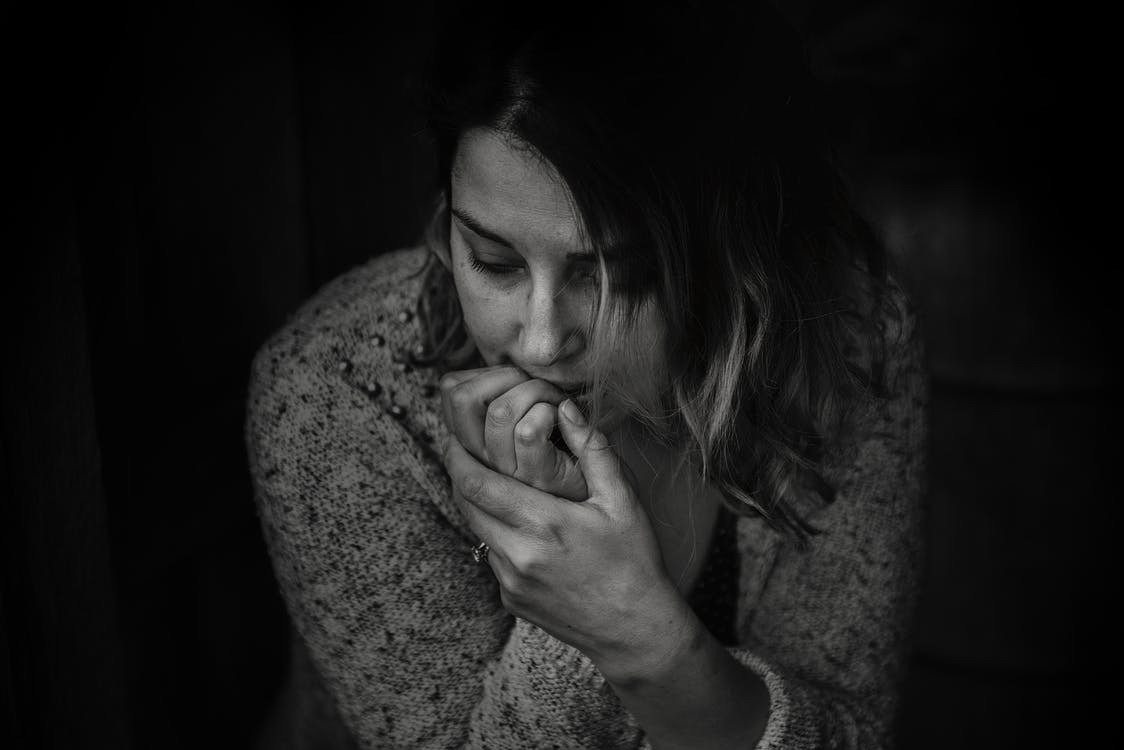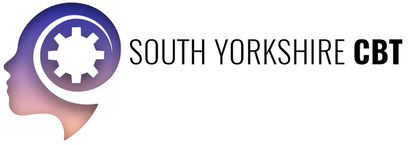Social Anxiety/ Phobia
Social Anxiety or Social Phobia as it is also known is more than shyness. It’s a debilitating condition and fear that doesn’t reduce and affects everyday activities, self-confidence, relationships and work or school life. Many people worry about social situations especially those where they may be subject to scrutiny such as a job interview, presentation or first date, but someone with social anxiety feels overly worried before, during and after them.
Some symptoms of social anxiety might include:
- Fear criticism, avoid eye contact or have low self-esteem
- Avoiding or worrying excessively about social activities including; group conversations and eating with company, and parties.
- Continual worry about doing something you think is embarrassing, such as blushing, sweating or appearing incompetent.
- Dread everyday activities, such as meeting strangers, starting conversations, speaking on the phone, working or shopping.
- Often have symptoms such as feeling sick, sweating, trembling or a pounding heart- beat.
- Experience panic attacks (where you have an overwhelming sense of fear and anxiety, usually only for a few minutes)
Social anxiety can also occur with other emotional and mental health issues, such as depression, generalised anxiety disorder or OCD (all link to the other places on the site).
Social anxiety diagnosis
You must have the following three symptoms to qualify for a diagnosis of social phobia;
- You must feel anxiety all the time or in most social situations
- One of the symptoms is that you avoid social situations as a means of managing your anxiety.
- Your symptoms must be as a result of another mental health condition.

Treatment for Social Anxiety/phobia
Nice guidelines support treatment in the form of Cognitive behavioural therapy (CBT).
CBT Treatment begins with a thorough assessment of the individuals condition and the situations that cause anxiety. Information will then be provided to the patient about Social anxiety and how the condition is developed and the problem maintained.
Self- focus
When we’re in a social situation it can be like a spot light has turned on us. Negative thoughts may take over and you may be convinced that everyone is looking at you and judging you.
Your focus can be your bodily sensations, hoping that by paying extra close attention you can better control them. However, this excessive self-focus results in more anxiety as you are hyper aware of your nerves. It also prevents you from fully concentrating on the conversations around you or the performance you’re giving.
Cognitive Behavioural Therapy will help the patient move from an internal to an external focus which can reduce symptoms. Of course this is easier said than done and like any new skill you develop, you have to practice over and over again until you master it. The more you concentrate on what’s happening around you, the less you’ll be affected by anxiety.
Facing your fears
One of the best things you can do to overcome social anxiety is to face the social situations you fear rather than avoid them. Avoidance keeps social anxiety disorder going as whilst it may help you feel better in the short term, it prevents you from becoming more comfortable in social situations and learning how to cope in the long term. In fact, the more you avoid a feared social situation, the more frightening it becomes.
It is likely that there will be differing levels of anxiety attached to different social situations and the therapist will help the patient grade these situations beginning with those that cause the last, leading to situations that cause the highest levels of anxiety. The aim will be for the patient to work through these situations with planning and support.
The therapist will work with the patient to identify patterns of behaviour (safety behaviours) or avoidance techniques that the individual has developed to manage the discomfort that occurs when going into these situations. Such safety behaviours may include;
- Short, one- word, answers
- Directing conversation away from yourself
- Making one’s ‘invisible’ or fading into the back ground
- Avoid eye contact
- Distract and appear busy through using one’s phone or perhaps reading a book
- Alcohol/ substance use
- Excessive preparation for a social situation through practising conversation, grooming, ensuring one’s appearance is perfect.
Treatment will involve working through your anxiety provoking situations whilst dropping safety behaviours. This will enable the patient to develop evidence that engaging in these behaviours is the only way that they can cope in each situation.
Physical symptoms
In situations that are highly anxiety provoking individuals may experience physical symptoms. One of the first changes is that you begin to breathe quickly. Hyperventilation affects the balance of oxygen and carbon dioxide in your body which results in further physical symptoms of anxiety, like dizziness, a feeling of suffocation, increased heart rate, and muscle tension.
Learning to manage your breathing can help bring your physical symptoms of anxiety back under control. Your CBT therapist will help you develop skills in managing your breathing and reducing the physical symptoms that may be experienced in social situations.
Unhelpful thinking
In addition to behaviours, Social Anxiety sufferers experience negative thoughts and beliefs that contribute to their fears and anxiety.
Such thoughts may include:
- “I know I’ll look like an idiot.”
- “I will go red and everyone will know”
- “I’m embarrassed.”
- “I won’t have anything to say. I’ll seem boring.”
- “I look weird”
Cognitive Therapy is an evidenced based technique that helps the patient reduce the symptoms of Social Anxiety. The CBT therapist will help the patient begin to identify and then challenge these negative thoughts, enabling the patient to reach a more helpful way of viewing the situation that is causing the problem.
Social Anxiety is a scary and debilitating condition that can affect various areas of your life. However, the first step to recovery is developing an understanding of the reasons for your anxieties. This will help lessen their negative impact on you and give you hope about a future where this problem can be managed effectively.

Get help with Social Anxiety/Phobia Contact Clare for a free 30 minute consultation.

